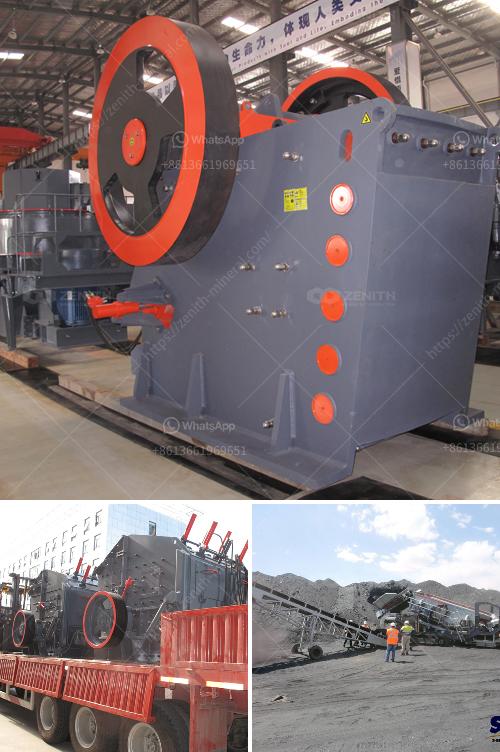When selecting the best calcium carbonate grinding mills for industrial use, there are several factors to consider, including the desired particle size, production capacity, efficiency, and specific application requirements. Here are some of the commonly used mills for grinding calcium carbonate in industrial settings:
-
Ball Mill:
- Advantages: Ball mills are widely used due to their simplicity and effectiveness in achieving fine particle sizes. They can handle different hardness levels and can be employed for both dry and wet grinding.
- Applications: Suitable for producing all grades of powder and is commonly used in industries like cement and paint manufacturing.
-
Vertical Roller Mill:
- Advantages: Offers energy efficiency, a small footprint, and the ability to handle a large variety of materials. They are adept at handling moisture and achieving fine particle sizes.
- Applications: Used in cement, power plants, and industrial minerals processing for calcium carbonate production.
-
Raymond Mill:
- Advantages: Popular for its low operating cost, ease of operation, and ability to produce consistent, fine granules. It has a compact design and is energy-efficient.
- Applications: Typically used for soft to medium-hard materials, like calcium carbonate, for applications in paint, coatings, and adhesives.
-
Ultrafine Grinding Mill (e.g., Stirred Mills):
- Advantages: Capable of producing ultra-fine powders, which are necessary for high-grade and high-precision applications.
- Applications: Used for fine and ultrafine grinding applications in industries like pharmaceuticals, fine chemicals, and high-end paints.
-
Hammer Mill:
- Advantages: Known for its robustness and simplicity, a hammer mill can grind materials to a certain level of fineness efficiently.
- Applications: Used for coarse-to-medium grinding applications; not commonly used for ultra-fine grinding.
-
Jet Mill:
- Advantages: Utilizes high-pressure air to grind particles and is suitable for creating ultra-fine powders without contamination from wear and tear.
- Applications: Ideal for producing superfine powders required in the pharmaceutical, cosmetic, and advanced material industries.
Each type of mill has its own advantages and is suited for specific industrial applications, so the choice largely depends on the exact requirements of the production process, including the desired fineness and distribution of particle sizes, as well as economic considerations like investment cost and energy consumption. It is often recommended to work with equipment suppliers and experts to choose the most suitable milling technology for your specific needs.

